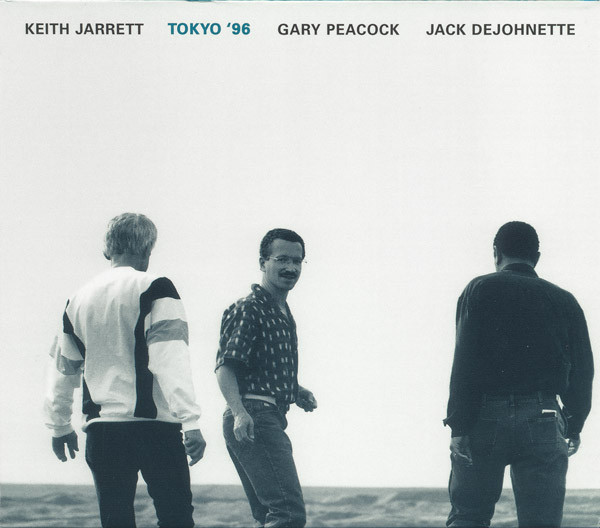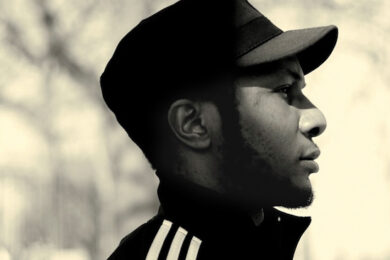5. Keith JarrettTokyo ’96

In the long post-Miles Davis post-bop moment, Keith Jarrett occupies a peculiar role. He played with Miles, not to mention Art Blakey and Charles Lloyd, so his bonafides are solid. He was the guy who could play everything: acoustic jazz piano, electronic keyboard, classical piano and harpsichord – and a few other instruments besides. Beginning in the 1980s, his standards trio (with Gary Peacock and Jack DeJohnette) and, importantly, his association with Manfred Eicher’s Munich-based label ECM, made him one of the most famous and (let’s be frank) envied jazz musicians in the world. His abrasive manner didn’t help. Jarrett is a grouchy eccentric who mewls, usually tunelessly, along to his own improvisations. There’s footage of him berating uncooperative audience members. Either you like Jarrett or you don’t – and many find that they don’t.
But, meanwhile, the records are there. The trio albums, the Goldberg Variations (on harpsichord), Shostakovich, the evening-long solo improvisations indicated only by the name of the city or concert hall (The Köln Concert, Paris Concert, La Scala).
Tokyo ’96 is one of his many great trio recordings. With a piano style redolent of Ahmad Jamal and Bill Evans, Jarrett brings genuine illumination to the classics of the bebop tradition, infusing them with hypnotic threnodies as well as hymn-like songcraft. He can play as fast as anyone, and often chooses to hold back and lay in the cut. His sidemen Peacock and DeJohnette are among the best in the game (and they are well liked), but what is really remarkable is the synergy the three achieve. After countless gigs together, they move as a unit, anticipating each other’s breathing and breaks. I know of no greater trio ballad on disc than the version of ‘My Funny Valentine’ that ends Tokyo ’96: a tune full of longing, elegance and grace.


